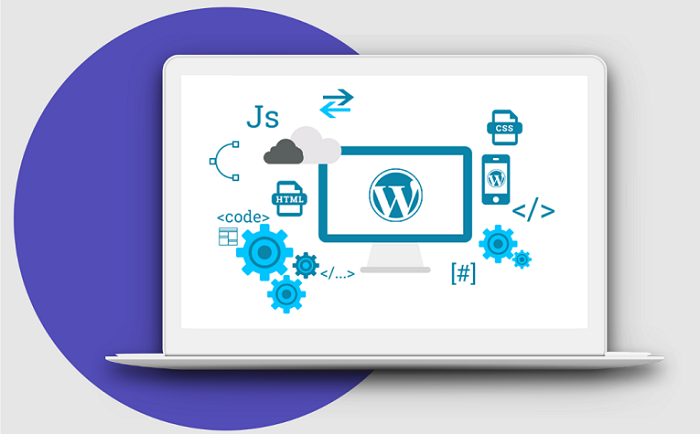Rise by Six: Your Daily Dose of Inspiration
Explore insights and stories that elevate your day.
WordPress Development Secrets Your Competitors Don't Want You to Know
Unlock hidden WordPress development secrets and outsmart your competition. Transform your site today and dominate the digital landscape!
5 Hidden WordPress Features to Streamline Your Development Process
WordPress is not just a powerful content management system; it also comes equipped with several hidden features that can significantly enhance your development workflow. One of these is the WordPress REST API, which allows developers to create custom applications that interact directly with their WordPress site. This feature enables seamless integration between your site and external applications, making it easier to pull in data or push updates without the need for complex back-end coding. Another invaluable tool is the Theme and Plugin Editor, found in the admin dashboard. This tool allows developers to quickly edit theme and plugin files directly from the WordPress interface, which can save a lot of time when making small adjustments or debugging issues.
Another hidden gem within WordPress is the Built-in Debugging Tool. By adding a simple line of code to your wp-config.php file, you can activate debugging mode, which displays error messages and notices that can guide you in troubleshooting your site's functionality. Additionally, the Custom Post Types feature allows developers to extend the content types available in WordPress, giving you the flexibility to create tailored content structures suited to your specific needs. Lastly, leveraging Shortcodes can boost your efficiency by allowing you to insert complex elements into your posts and pages easily, without needing to write extensive code. These features not only help streamline the development process but also empower developers to create more dynamic and user-friendly websites.

The Essential Plugins Every Serious WordPress Developer Should Use
When it comes to building and maintaining a WordPress site, the right plugins can significantly enhance functionality and performance. Every serious WordPress developer should consider leveraging tools like Yoast SEO, which provides invaluable insights for optimizing site content, and WooCommerce for those looking to add e-commerce capabilities. Other crucial plugins include Elementor for visual page building, WP Rocket for caching and speeding up website loading times, and Wordfence Security for robust website security. These plugins not only streamline workflows but also improve overall site effectiveness and user experience.
Additionally, Advanced Custom Fields (ACF) allows developers to create custom fields and enhance the flexibility of their site design, making it easier to manage site content. Contact Form 7 remains a go-to for creating customizable forms, ensuring smooth communication with site visitors. Moreover, UpdraftPlus is essential for backing up your website effortlessly, providing peace of mind. Each of these plugins plays a vital role, enabling serious WordPress developers to deliver better results and maintain a dynamic site that stands out in today’s competitive digital landscape.
Common WordPress Development Mistakes and How to Avoid Them
When diving into WordPress development, many new developers encounter common pitfalls that can hinder their progress and the performance of their sites. One of the most prevalent mistakes is neglecting the importance of plugin compatibility. Installing multiple plugins without confirming their compatibility can lead to site crashes and slow loading times. To avoid this, always check the reviews and update logs of plugins before installation, and consider using a staging environment to test them before going live.
Another frequent error is overlooking SEO best practices. Failing to optimize content properly not only affects search engine rankings but also the overall user experience. Developers should ensure they implement proper heading structures, use alt tags for images, and maintain a clean permalink structure. Utilizing tools like SEO plugins can streamline this process, making it easier to adhere to best practices from the get-go.